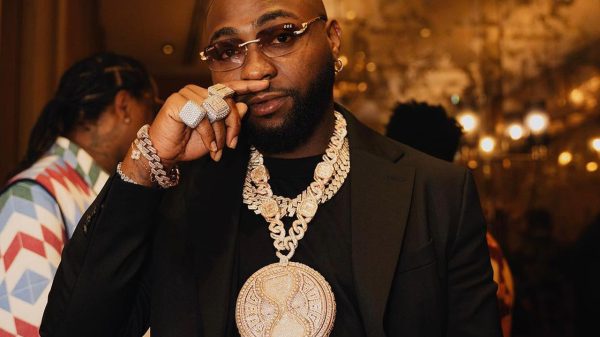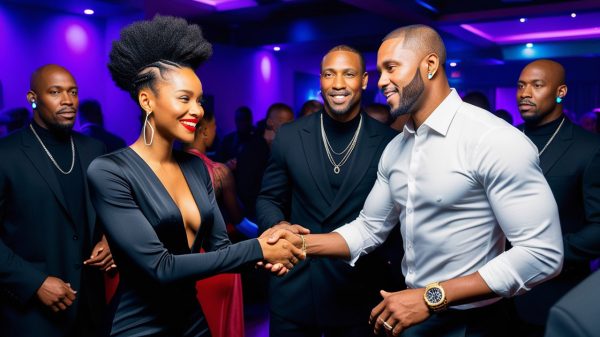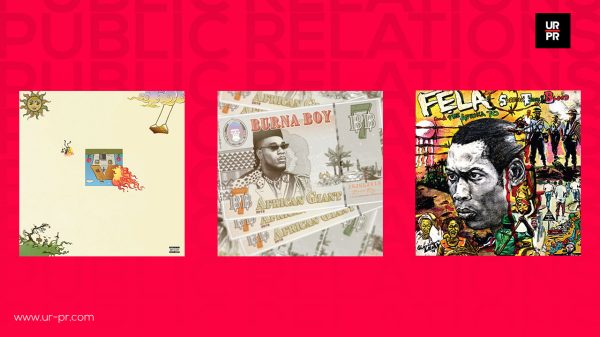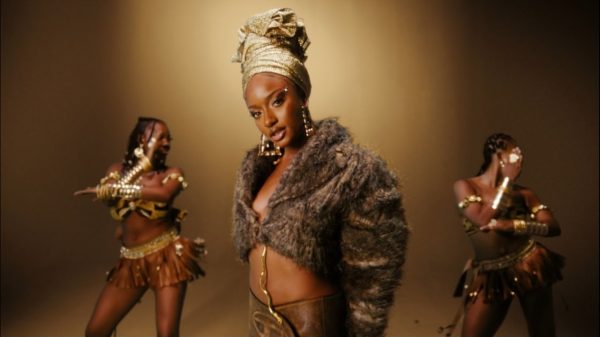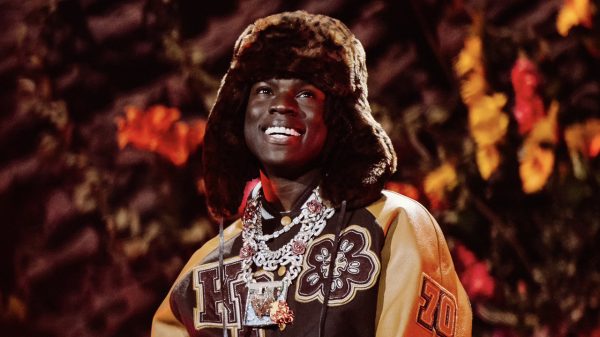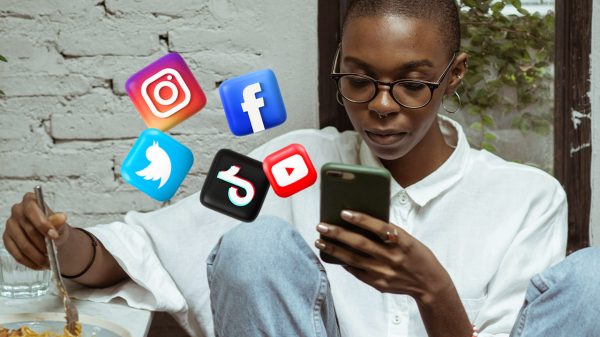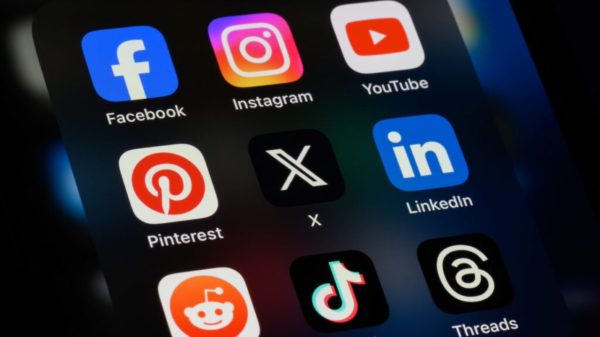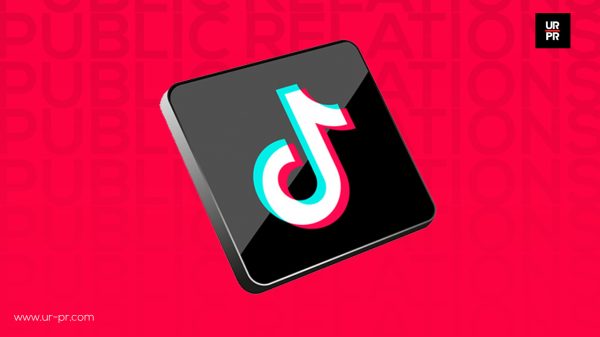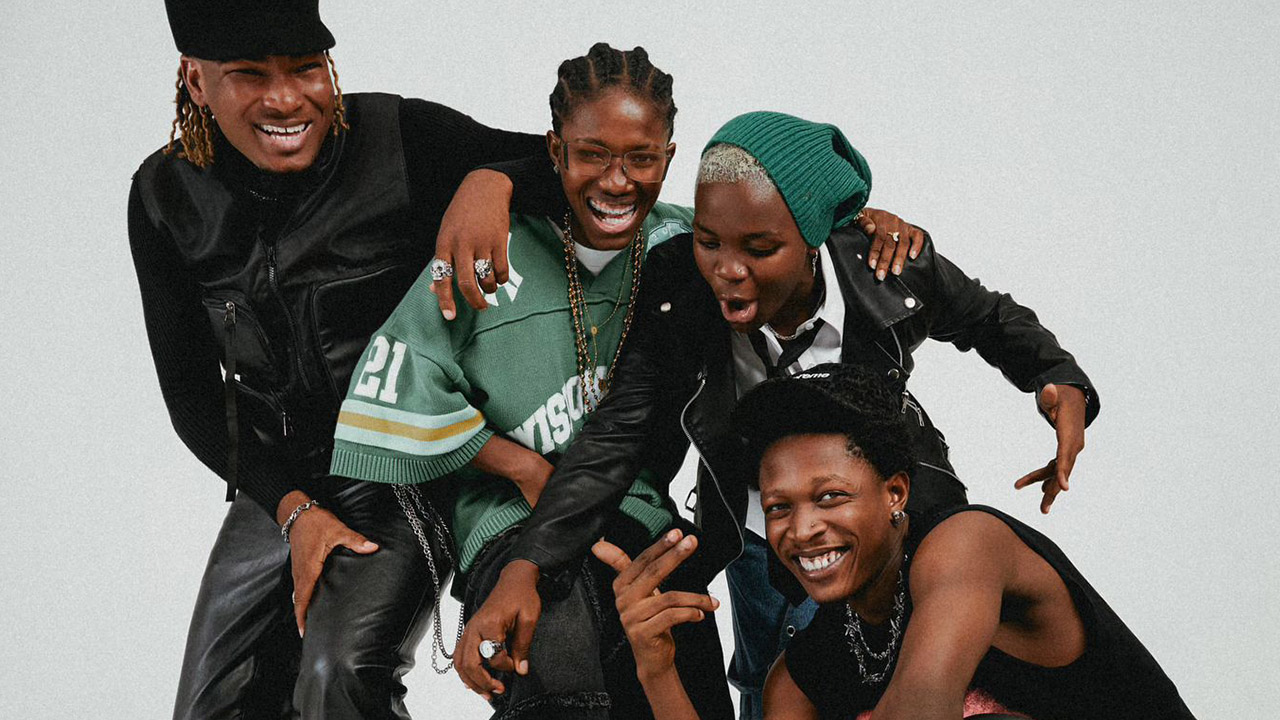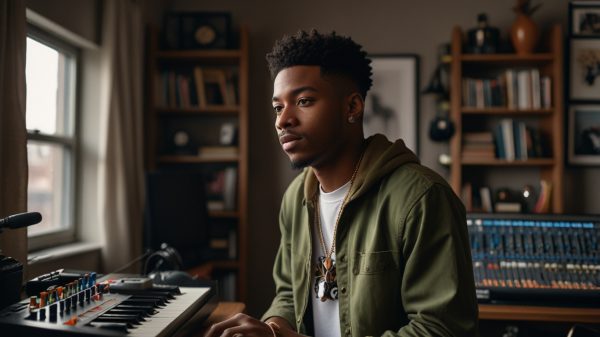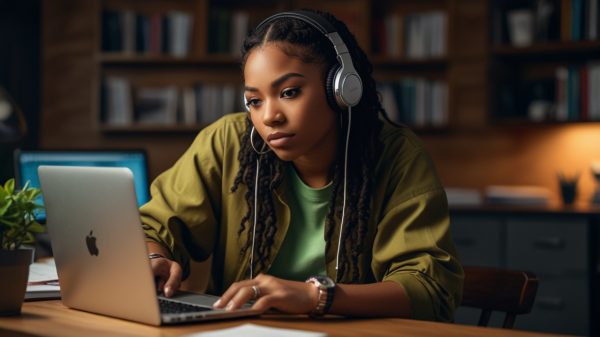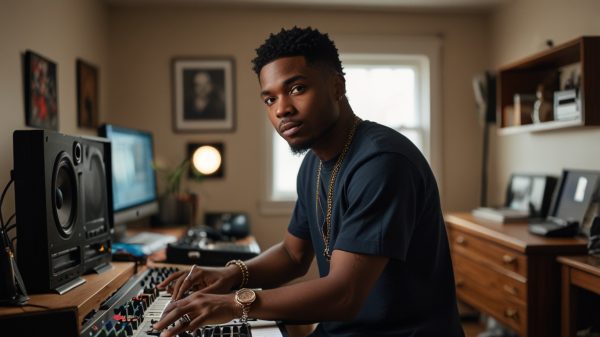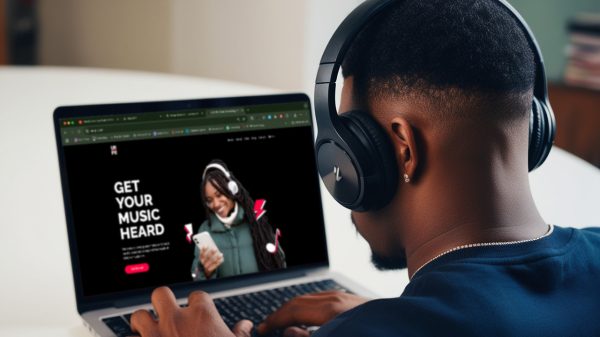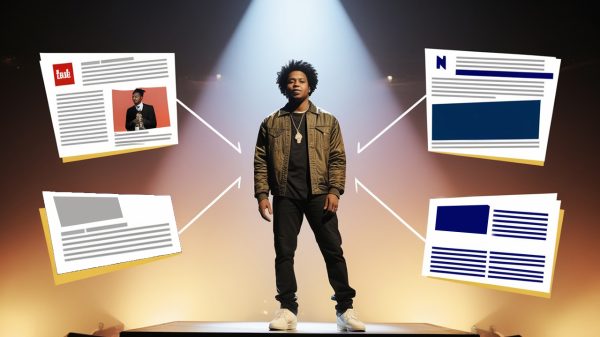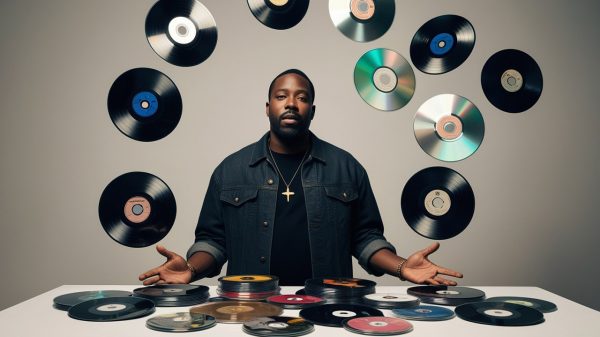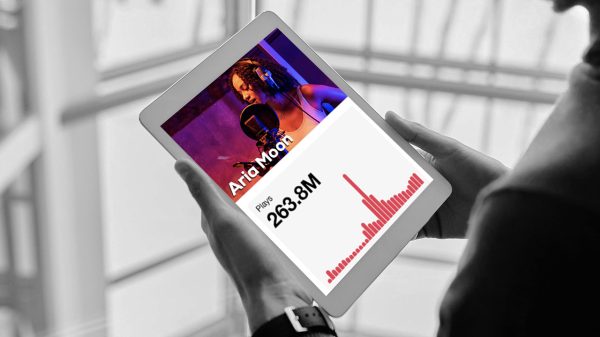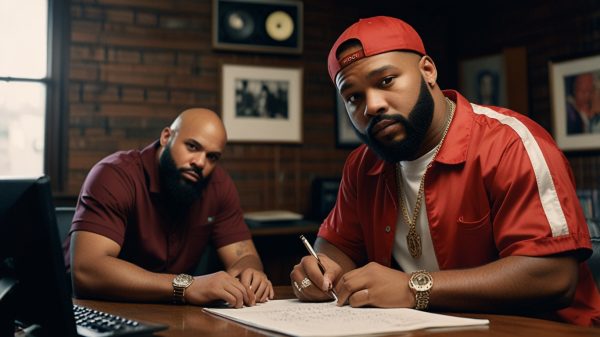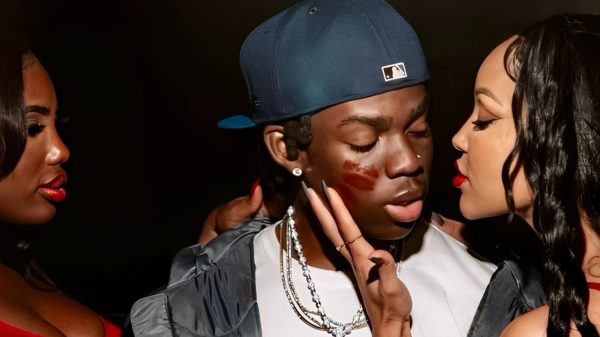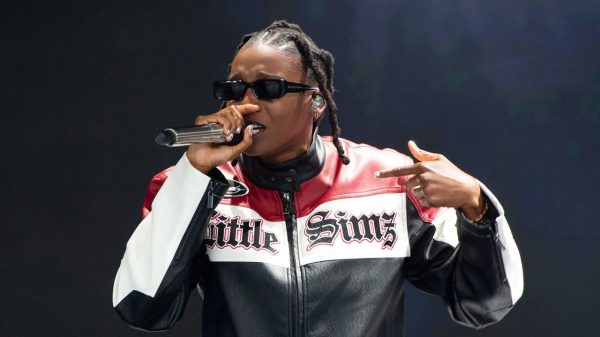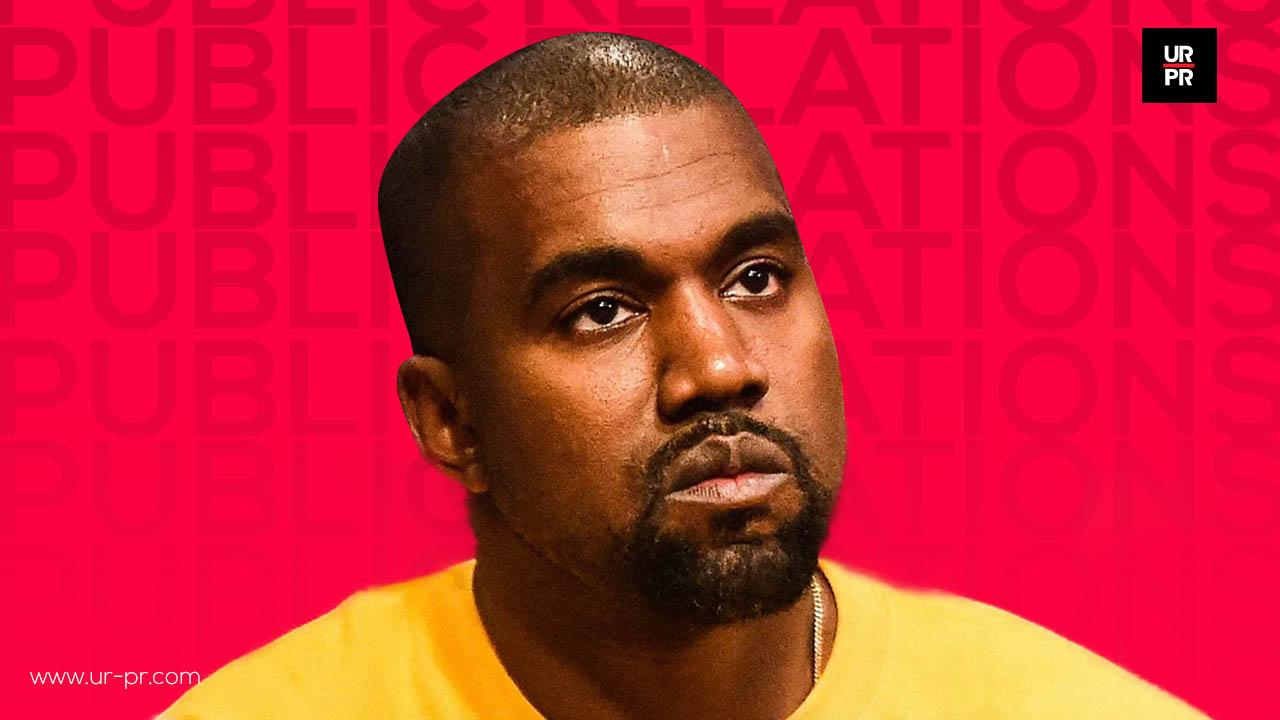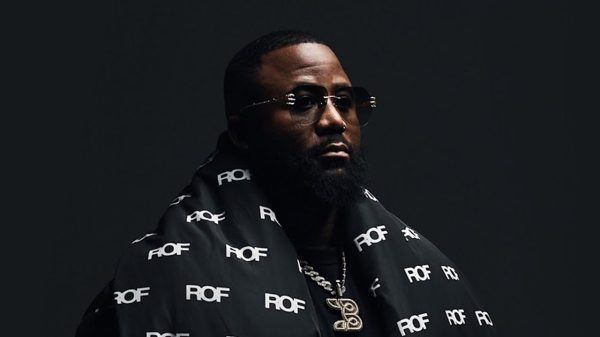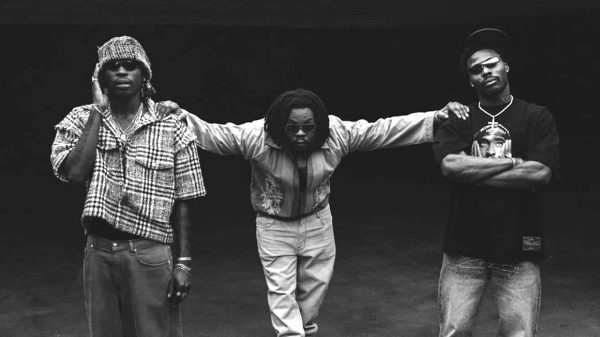In the world of music, few topics are as important as the ownership of master recordings. From the industry moguls like Kanye West and Taylor Swift to music icons like Prince, many musicians have made headlines over their battle to regain ownership of their masters. But why is it such a big deal? What does it mean for an artist’s career? And how can you, as a musician, take control of your own masters? This article will break down why owning your masters is crucial and provide insight into the steps you can take to gain more control over your music and financial future.
What Exactly Is a Master Recording?
Let’s start with the basics—what is a “master recording”? In simple terms, a master recording is the original, final version of a song or album. It is the definitive recording that is used to create copies of your music, whether they’re physical copies like vinyl, CDs, or digital formats for streaming platforms.
The term “master” is short for “master copy,” which refers to the original version of the sound recording, from which all reproductions and distribution copies are made. If you record a song in the studio, the audio file that you work on, edit, and finalize is considered the “master” of that song.
Owning the master means that you control this original recording. The person who owns the master recording has the exclusive rights to distribute, license, and profit from it. If you sign a deal with a record label, they typically own the master recording, even though you might still receive royalties for the use of your music.
Why Owning Your Masters Is Crucial for Your Career
Owning your masters is one of the most powerful things an artist can do for their career. Think about it: the master recording is the foundation of your music career. Without it, you don’t have full control over your art.
If you don’t own your masters, you are essentially giving up control over how your music is used, distributed, and profited from. When major artists like Kanye West, Taylor Swift, and Prince have fought to regain ownership of their masters, it’s because these recordings hold significant value—not only financially, but also in terms of artistic freedom.
Let’s break this down: when you own your masters, you decide how your music is used. You can license it for films, TV shows, commercials, or video games without needing approval from a label. You can also re-release your music or use it in new creative projects, all while keeping the profits for yourself. Owning your masters also means you can negotiate how you receive royalties, giving you more control over your financial future.
Master Rights vs. Publishing Rights: What’s the Difference?
To truly understand the value of owning your masters, it’s important to differentiate between master rights and publishing rights. While both are crucial to your music’s success, they are separate areas of ownership.
Master Rights refer to ownership of the actual recording of a song—the audio itself. If you own the master, you can control how the song is used and distributed, and you earn royalties from its exploitation. For example, if your song gets streamed on Spotify or sold through iTunes, the income from those streams or sales goes directly to the owner of the master.
Publishing Rights, on the other hand, refer to the ownership of the song’s composition—essentially, the melody, lyrics, and arrangement. These rights are separate from the sound recording and are associated with the underlying song. If you own the publishing rights, you receive royalties when your song is used in other ways—such as when it’s performed live, covered by other artists, or placed in a film or commercial.
Both master rights and publishing rights can generate income, but owning both gives you more control over your music and the revenue it generates. However, many musicians are often only aware of publishing rights, leaving them unaware of the importance of retaining or acquiring their master rights.
How Do Musicians Make Money from Their Masters?
Once you understand what master recordings are and why they are valuable, it’s important to know how you can make money from them. Musicians can earn money from their masters in a few different ways:
- Sales: Whether it’s physical CDs or digital downloads, every time someone buys your music, the owner of the master receives a portion of the proceeds.
- Streaming: Platforms like Spotify, Apple Music, and YouTube generate revenue from streams. As the master owner, you’ll receive a share of the revenue each time your song is played. While individual streams might seem small, they add up over time, especially for popular songs.
- Licensing: Music licensing allows you to sell the rights to use your music in films, TV shows, commercials, and more. If you own the masters, you can license your music for these uses, making money every time someone wants to use your work.
- Performance Royalties: If your music is played in public spaces like bars, restaurants, or on the radio, you can receive royalties from performance rights organizations (PROs) like ASCAP, BMI, or SESAC.
- Synchronization Fees: When your music is synchronized with visual media (like TV shows, movies, or video games), you can earn a fee for that use, which is another way of making money from your masters.
The more control you have over your master recordings, the more opportunities you can explore to monetize your music. Whether you’re licensing songs or generating income from streaming, owning your masters ensures that you’re the one benefiting financially from your hard work.
Traditional Label Deals vs. Licensing Deals: What You Need to Know
When it comes to owning your masters, the type of deal you sign with a label or a distributor can have a huge impact.
Traditional Label Deals typically involve a record label owning the rights to your masters. In these deals, labels typically finance the production of the music, help promote and distribute it, and take a large cut of the revenue generated from your music. In exchange, they own your master recordings and control how they are used.
While a traditional label deal can provide valuable resources, connections, and exposure, it often means that you, as the artist, give up ownership of your music in exchange for financial support and promotion. Labels often retain rights to your masters for years, if not decades.
Licensing Deals, on the other hand, allow you to retain ownership of your masters. In these deals, you license the rights to a label, a distributor, or another company to use your music for a specific purpose—like distribution or promotion—but you keep ownership of the actual recordings. Licensing deals give you more control over your music and the revenue it generates while still providing you with the benefits of a partnership with a label or distributor.
It’s important to carefully consider which type of deal works best for you. While a traditional label deal might offer a larger upfront advance, a licensing deal gives you more long-term control and better financial benefits from your master recordings.
How to Negotiate and Protect Your Rights
Negotiating the terms of your deal is one of the most important steps you can take to protect your rights as an artist. If you’re working with a label, a manager, or a distributor, make sure you fully understand the terms before signing anything.
Here are a few tips for negotiating and protecting your rights:
- Consult a Music Lawyer: A lawyer who specializes in music contracts can help you understand the legal language in your agreement and make sure your rights are properly protected.
- Focus on Retaining Your Masters: If possible, negotiate to retain ownership of your master recordings. If that’s not possible, negotiate for a fair percentage of the revenue generated from your music.
- Be Careful with Advances: While an advance can be tempting, be sure you understand the repayment terms. Advances are typically recouped from future earnings, so it’s important to ensure that you’re not giving up too much control in exchange for a short-term payout.
- Understand Your Royalties: Make sure you understand how royalties will be calculated and how they will be paid out. A good deal will ensure that you’re receiving a fair share of the revenue generated from your music.
- Know the Duration of the Deal: Ensure the agreement clearly defines how long your music will be tied to the deal. Opt for a short-term agreement if possible, so you can retain control over your masters sooner.
The Benefits of Retaining Ownership of Your Masters
Owning your masters provides numerous benefits, not only financially but also artistically. Here are some key advantages of maintaining ownership:
- Creative Control: You can decide how your music is used, which can help you maintain your artistic vision.
- Long-Term Income: Masters generate revenue for years, meaning you can continue earning from your music long after it’s been released.
- Financial Freedom: Retaining your masters means you control the revenue, so you’re not reliant on a record label to provide you with income.
- Opportunities for Licensing: Owning your masters opens doors to licensing your music for TV, film, commercials, and more.
Steps to Take Towards Owning Your Masters
So, how can you start the process of owning your masters? Here are some steps to help you gain more control over your music:
- Start Independently: The easiest way to own your masters is to stay independent. By recording and distributing your music on your own, you retain full ownership of your music.
- Negotiate for Your Masters: If you’re working with a label, negotiate to retain ownership of your masters or secure a fair revenue share.
- Explore Licensing Deals: Consider licensing your music rather than signing away ownership.
- Take Advantage of Music Distribution Platforms: Platforms like DistroKid, TuneCore, and CD Baby allow you to distribute your music independently while retaining ownership of your masters.
Owning your masters is one of the most important steps you can take to ensure long-term success in the music industry. From creative freedom to financial independence, retaining ownership of your music gives you control over your career and your future. While the process of securing your masters might seem daunting, taking steps toward ownership will ultimately pay off.
For musicians looking to elevate their careers and gain exposure, securing press placements and social media promotion on top African music platforms is essential. UR-PR offers the best music marketing and promotion services for independent musicians and record labels, helping you secure press placements and social media exposure across leading African music blogs and platforms like Unorthodox Reviews, Pulse Nigeria, Pulse Ghana, and more. Whether you’re looking to increase your visibility or expand your fan base, UR-PR is the go-to solution for artists aiming for success.
By understanding the value of your masters and taking the necessary steps to protect and promote your music, you’ll be well on your way to a successful and sustainable career in the music industry.

